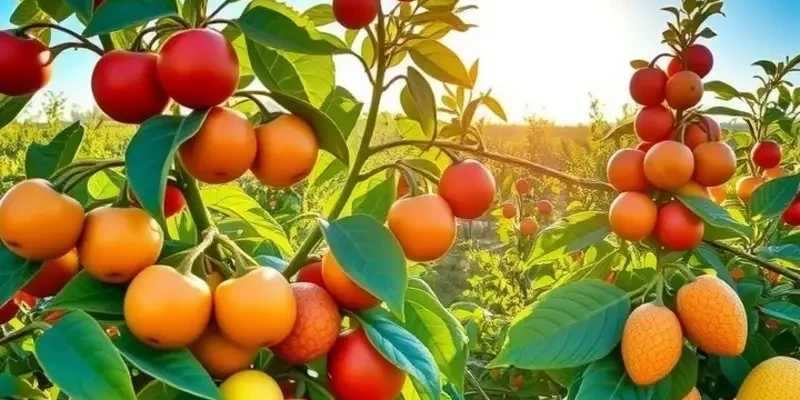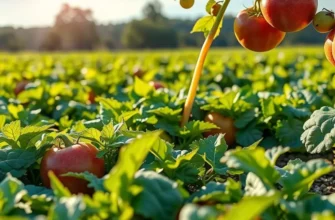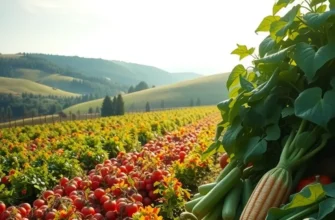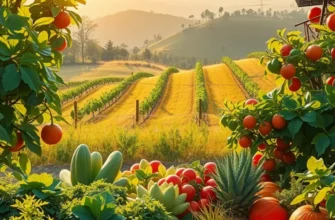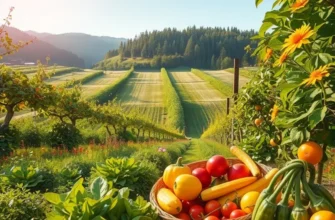With the right approaches, fruit waste can be drastically minimized in every household. By understanding how to properly store fruit and take advantage of preservation techniques, you can keep your kitchen organized and reduce the impact on our environment. This guide provides straightforward tips for managing fruit storage and maximizing freshness, ensuring you enjoy delicious fruit rather than seeing it go to waste.
The Essentials of Storing Fruits
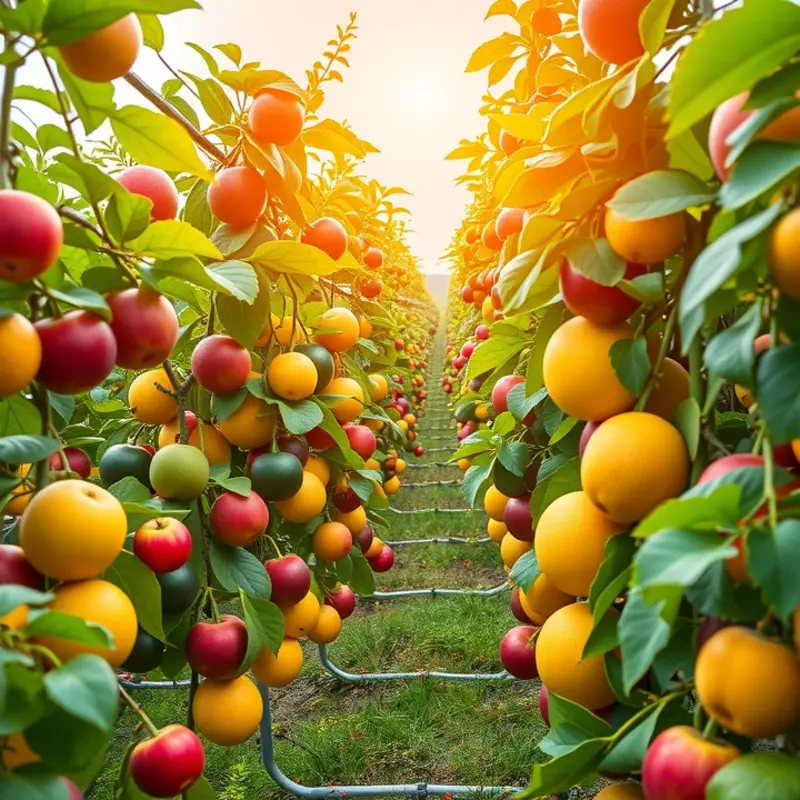
Proper storage methods play a crucial role in extending the shelf life of fruits, ensuring they remain fresh and delicious for longer. Understanding the unique needs of various fruits can help you prevent waste and keep your kitchen stocked with nutritious options. Here’s a guide to optimizing your fruit storage techniques.
Apples and Pears
Store apples and pears in a cool environment, ideally between 30-40°F. For longer storage, consider placing them in a refrigerator with humidity control options to retain their crispness. Keep them in a loosely sealed bag to maintain moisture without causing rot. It’s also wise to store apples and pears separately, as apples emit ethylene gas, which can hasten ripening in pears.
Berries
Berries, like strawberries and blueberries, are delicate and best kept cold. Store them in their original containers or spread them out on a tray lined with paper towels to absorb excess moisture. Avoid washing until you’re ready to eat, as extra moisture can lead to mold growth. Check regularly and remove any spoiled berries to prevent the spread of mold.
Citrus Fruits
Citrus fruits, such as oranges, lemons, and limes, can be stored at room temperature for a week but last longer in the refrigerator. Place them in the crisper drawer, loosely packed, to maintain their juiciness and extend shelf life. A slight drop in temperature is sufficient to keep them fresh for a few weeks.
Bananas
Bananas prefer a warmer environment and should be stored at room temperature until they ripen. To slow down the ripening process, separate bananas and store them individually. Once ripe, they can be placed in the refrigerator to prolong freshness for several days. Don’t worry about the peel darkening; the fruit inside remains just as delicious.
Stone Fruits
Peaches, plums, and nectarines are best left to ripen on the counter. Once they reach ideal ripeness, transferring them to the refrigerator slows down further ripening. Keep them in a crisper drawer in a breathable bag to maintain their juiciness without accelerating spoilage.
Grapes
Grapes should be refrigerated right after purchase. Store them unwashed in an airtight container or a bag to retain moisture and prevent shriveling. Rinse only when ready to consume to avoid accelerating decay.
Preventing Premature Spoilage
Regularly inspect your fridge and pantry for overripened fruits. Removing these promptly can prevent spoilage from spreading to healthier ones. Using a breathable storage solution can also reduce the risk of moisture buildup, which leads to decay. For a more eco-friendly and efficient storage strategy, consider checking out advice on sustainable kitchen storage solutions here.
Recognizing when fruit is at its peak involves using your senses. Fragrance is a strong indicator that a fruit is ripe and ready to eat. For firmer fruits like avocados, a gentle squeeze can help determine ripeness. Paying attention to these cues will help you enjoy your fruits at their most flavorful and nutritious stage.
Creative Solutions for Fruit Management
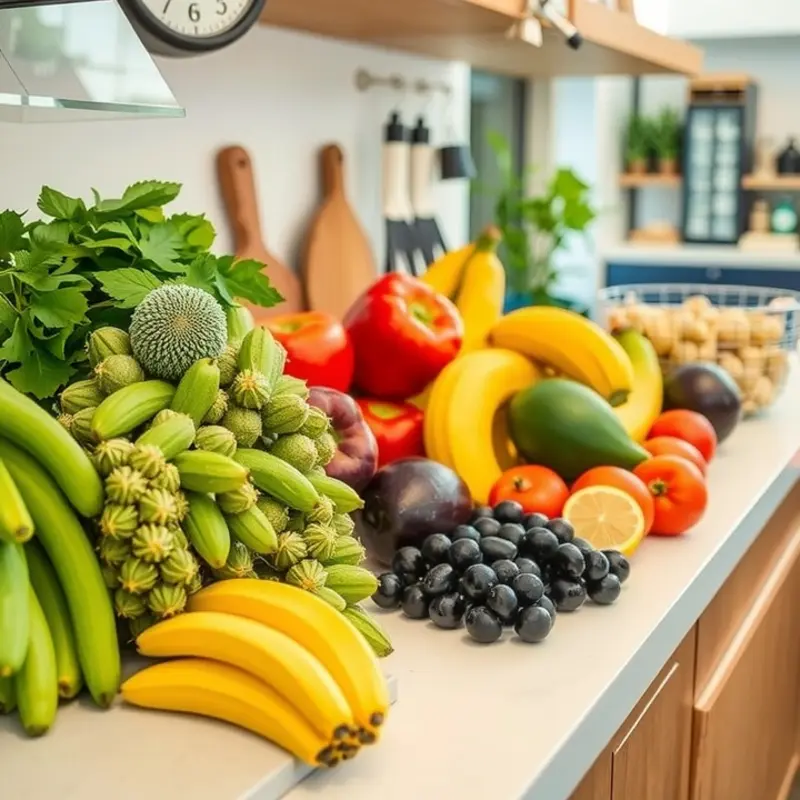
Ever opened your fridge to find a few fruits teetering on the edge of over-ripeness? Transform these into delightful treats while reducing waste. Try blending overripe bananas, berries, and peaches into a refreshing smoothie. Simply toss them with some yogurt, a splash of juice, and a handful of ice. This not only saves fruit but offers a nutrient-packed start to your day.
Another charming idea is to repurpose fruits into homemade jams both delicious and customizable. Mash up strawberries, blueberries, or any fruit on hand. Simmer with a touch of sugar or a sweetener to bring out the flavors and extend their usability. This pairs well with morning toast or yogurt.
Baking can be another avenue for fruit management. Add softening apples or pears into muffins and your favorite breads. Their natural sweetness and moisture enhance desserts, making each bite satisfying. For a cozy twist, try a spiced fruit loaf to savor as a snack or dessert.
Meal planning is a crucial part of minimizing food waste. Devise a weekly menu considering the fruits likely to expire first. This strategy helps you plan meals around your inventory, ensuring nothing goes uneaten. For those who need up-to-date meal planning tips, consider reading this helpful guide.
Fruit salads are not just for summer. Mix and match different fruits to create refreshing side dishes or desserts. Combine citrus and tropical fruits with mint and a drizzle of honey for a vibrant dish. This not only uses up approaching-expiry items but also packs a nutritional punch.
When you’ve accumulated extra fruits, freezing is an excellent option. Slice and store fruits in airtight containers or bags. These make easy additions to smoothies, sauces, or baking projects later. The freezer can also preserve seasonal fruits, allowing you to enjoy them year-round.
Sharing excess fruits with neighbors can foster community connections and reduce waste. Bundle up extra produce and offer it to friends or donate to a local food bank. Spreading the bounty ensures foods nourish people instead of feeding landfills.
These creative strategies not only solve the problem of fruit surplus but do so with an eye toward enhancing your culinary repertoire. Repurposing fruits is a satisfying endeavor that nurtures both your household and the planet. Remember, with each mindful choice, you contribute to a more sustainable future.
Final words
Reducing fruit waste is not only beneficial for your household budget but also for the environment. By learning how to store and manage your fruits effectively, you can maximize your purchases and enjoy fresh, delicious flavors without the guilt of excess waste. Implementing these practical storage solutions and creative usages will make a significant difference. Remember, even small changes in how you handle food can lead to a more sustainable lifestyle, making you a responsible steward of both your home and the planet. Enjoy the joys of delicious fruits responsibly!

